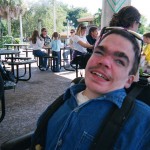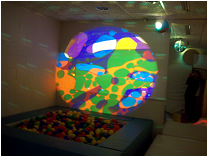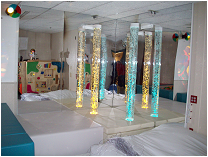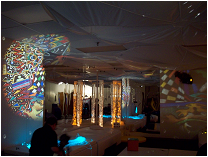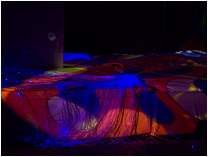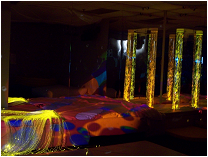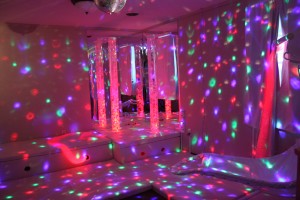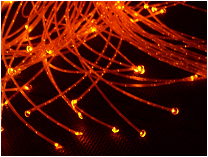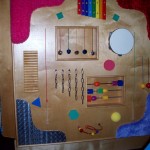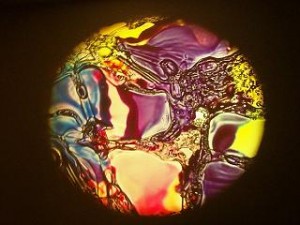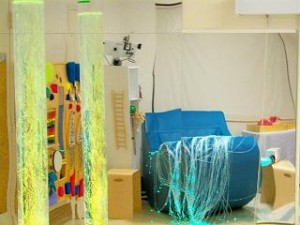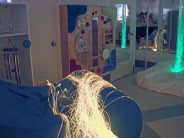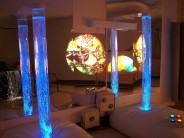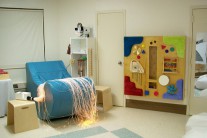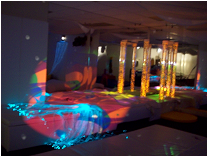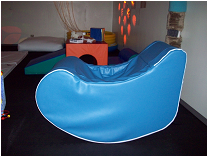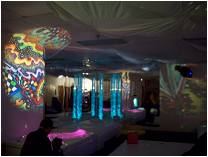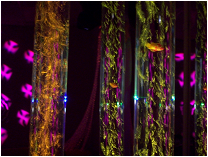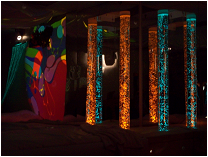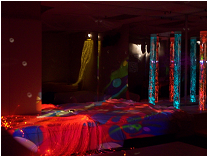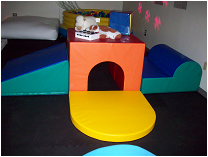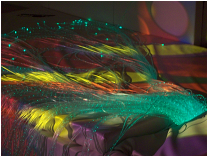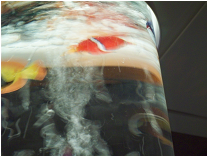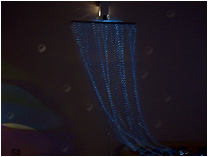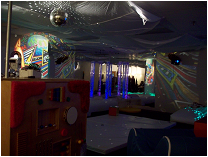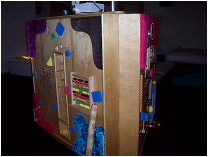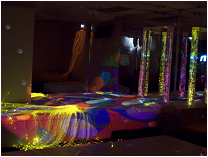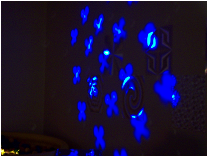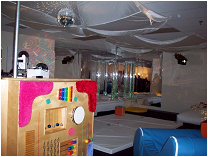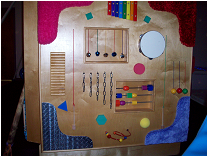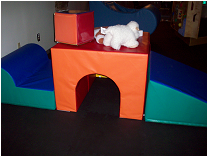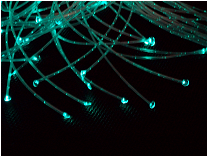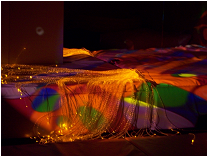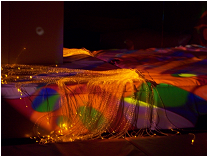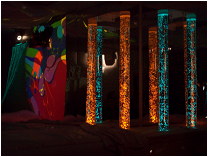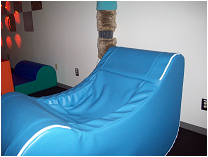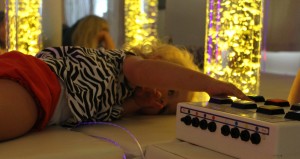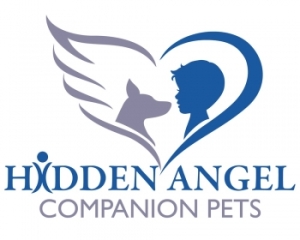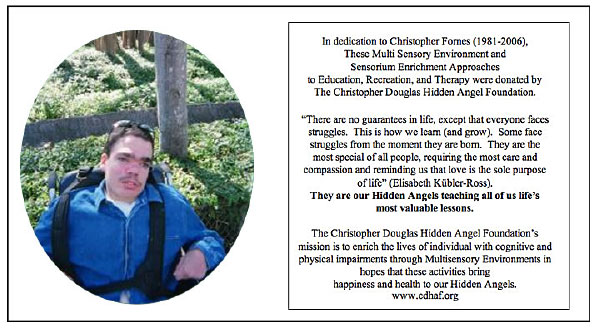“There are no guarantees in life, except that everyone faces struggles. This is how we learn (and grow). Some face struggles from the moment they are born. They are the most special of all people, requiring the most care and compassion and reminding us that love is the sole purpose of life.”– Elisabeth Kübler-Ross
These are our Hidden Angels – teaching all of us life’s most valuable lessons.
Multi Sensory Environments (MSE) Workshops – 20 hours
About the Workshop:
Good training in Multi Sensory Environments (MSE) is an essential part of managing a MSE facility and using MSE effectively for clients, students, and consumers. Additionally the training will provide an ongoing opportunity to maintain usage standards, keep up with latest developments, and maintain a multi sensory environment in optimum condition:
This comprehensive workshop (course) consists of 8 instructional modules which address the complexity of issues around the theory, practice and application of MSE. Each module includes learning objectives, instruction, self-study and discussions questions, references, and resources. A round-table discussion takes place the last day of the workshop that address the future of MSE.
Workshop Objectives:
Participants will be able to:
- Understand the basic concepts and philosophy of MSE.
- Understand Sensory Processing, changing motivations, modulation and arousal levels with MSE.
- Understanding of self-stimulation from a neuro-chemical / physiological point of view rather then a cognitive or behavioral choice.
- Understanding of how there are different forms of personal interaction for reaching someone.
- Understanding and the use of behavioral techniques in shaping behavior and adaptive responses.
- Understanding of the difference of Sensory Motor vs. Sensory Diets for Arousal and Relaxation.
- Practice at allowing consumer true choice & self determination.
- Understanding forms of communication.
- Understanding the process of relaxation.
- Utilize the MSE and equipment to its fullest potential.
- Develop basic MSE research projects.
Target Audience:
This workshop (course) is designed for people interested in knowing more about Multi Sensory Environments (MSE) and its use with different populations: OT, PT, RN, Psychologists, Recreational Therapists, Speech / Language Therapists, Parents, Caregivers, Teachers, and Administrators.
Course content is highly relevant for professionals who serve children and adults with developmental disabilities, autism, mental illness, learning disorders, the elderly, dementia, Alzheimer’s in settings, such as education, health, therapy, recreation, as well as for students in these fields.
Background:
MSE training is a combination of readings, lectures, videos and hands-on experiences selected to provide a caregiver, companion, teacher, therapist with a better understanding of our senses, how we take our senses for granted and how they help us interact with our internal and external environment.
Workshop Outline – Multi Sensory Environments (MSE) – 20 hours
DAY 1 – The Sensory World and MSE Approach
Objectives for Day 1:
- Understand the primary senses and how they interact with our environments for keeping us safe, happy and focused.
- Have a basic understanding of neurology.
- Understand the conscious and unconscious sensory process, our attitudes toward our sensory being, relaxation and the benefits of the MSE Approach.
- Understand the rationale for MSE and the specific theory behind MSE with their specific group/population for Best Practices for treatment.
<<Table>>
Module 1: MSE Introduction – History and Philosophy
The Need for MSE
MSE History
What is MSE
Benefits of MSE
Questions and Answers
Module 2: Neurology, Neurochemistry, Neural Osculation
Overview on Neurology
The CNS – Central Nervous System
The PNS – Peripheral Nervous System
Sensory Receptors
Neural Oscillations
Questions & Answers
Module 3: How MSE Works
MSE and the Senses
MSE and Neurology
Module 4: Sensory Processing – Affecting change with MSE – a Protocol
Sensory integration, processing, defense, self regulation
Sensory processing
Sensory Diets
The difference between SI, MSE and Snoezelen
Questions and Answers
DAY 2 – The Multi Sensory Environment – Hands on
Objective for Day 2:
- Understanding MSE.
- Understanding interfering stress, its detrimental effects on the human being, in relation to age, stage and quality of life as it impacts our ability to focus, attend and learn.
- Understanding reversing and preventing the detrimental effects of stress with the MSE and which techniques to utilize and how to foster permanent change through the sensory portal.
- Understand and be able to demonstrate setting up MSE Equipment protocols and basic Sensory Diets.
- Understanding equipment protocols: What equipment gets used for whom; and how do I do it, includes equipment evaluations, developing specific sequencing/order of use of equipment, for good integration of the senses.
- Understand sensory diets: matching the specific sensory need with the consumer around their specific learning styles with the MSE equipment and room. This would be specific to one user/customer and would train their staff on their equipment / room for their general population.
- Understanding of specific treatment techniques and offer opportunities for them to try it. It would include the research trends supporting MSE use and offer suggestions for adding to the body of supporting evidence.
<<Table>>
Module 5: The Multi Sensory Environment
Different Multi Sensory Environments (MSE)
White rooms, Black rooms, Sensory Gardens, etc.
From single piece equipment to dedicated room
Passive vs. Active
The Sensory Controlled Environment
Enabling approach
Questions and Answers
Module 6: Experiencing the MSE Environment
Equipment protocols and demonstrations
Safety – Maintenance
Questions and Answers
DAY 3 – MSE Different Populations, Evaluations
Objectives for Day 3
- Understand and write specific individualized goals and outcomes for the MSE that are measurable.
- Developing goals/outcomes and monitoring progress for their specific group/population.
<<Table>>
Module 7: MSE and Different Populations
MSE and Autism
MSE and Dementia
MSE and MR
Questions and Answers
Module 8: Evaluations and Data Collection
Future of MSE (round table discussion)
Where is MSE headed in the future?
